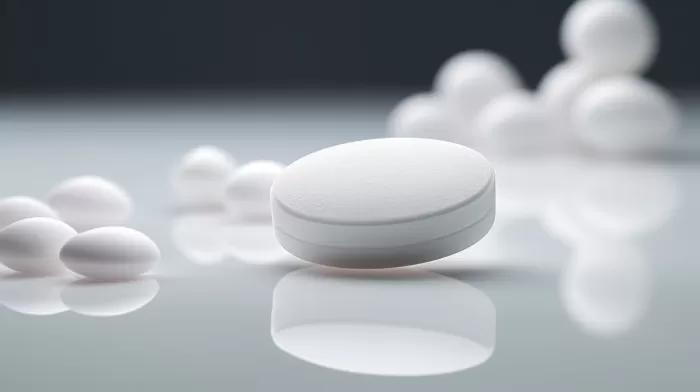Standard medicine often wants you to take as many drugs as possible for as long as you can handle. They’ll use your fears to make it happen, and one such example is the push for aspirin use to prevent cancer.
Recent news highlighted a study that suggested aspirin could help prevent cancer. With over 82,000 women and 47,000 men participating, the study followed them for up to 32 years. Ultimately, 20,400 women and 7,570 men developed cancer. However, those who took 325 mg of aspirin two times a week or more had a lower risk of gastrointestinal cancers than those who didn’t regularly take aspirin.
With around 50 million Americans taking a daily dose of aspirin, the question remains: are they safer from cancer than those who don’t? While the study was done at Harvard, the survey could show a variety of things depending on interpretation and intent. We can’t necessarily conclude that aspirin is the definitive cause of lower cancer risks for these individuals.
Aspirin: Possible Dangers
Daily aspirin use, despite the dose, comes with a significant trade-off. Aspirin is known to thin the blood and can result in internal bleeding, possibly even brain bleeding. The Food and Drug Administration (FDA) has warned that for every person potentially saved by aspirin, another can be adversely affected by significant gastrointestinal bleeding, which can sometimes prove fatal if left unchecked.
A University of Oregon study found that 52% of Americans aged 45 to 75 use aspirin, and another 21% had used it in the past. The FDA currently believes that a daily small dose of aspirin may be beneficial for those who have had a heart attack or stroke. Researcher Craig Williams states, “There’s no doubt that aspirin use can have value for people who have experienced a first heart attack, stroke or angina… The data to support that is very strong. The support of its use in primary prevention (for people who have not experienced cardiovascular problems) is more of a mixed bag.”
A Heart-Healthy Lifestyle Without Aspirin
If your doctor recommends aspirin, it’s crucial to consider your options carefully. You may be better off prioritizing a heart-healthy lifestyle through diet and exercise rather than relying on a pill that could cause internal bleeding. Even the FDA advises against taking aspirin as a “just in case” measure for warding off heart problems.
Fortunately, there are many natural ways to maintain heart health without resorting to drugs. Listed below are several tips for fostering a heart-healthy lifestyle without daily aspirin use:
- Choose a balanced diet: Consuming a variety of fruits, vegetables, whole grains, lean protein, and healthy fats can help maintain proper heart health.
-
Exercise regularly: Aim for at least 150 minutes of moderate-intensity aerobic activity every week, as this can help strengthen your heart muscles and improve blood flow.
-
Maintain a healthy weight: Excess weight can lead to increased stress on your heart and blood vessels, potentially leading to heart disease.
-
Don’t smoke: Damaging chemicals found in cigarettes can lead to the constriction of arteries, negatively affecting blood circulation.
-
Manage stress: Chronic stress can result in higher heart rates and blood pressure levels, negatively impacting heart health. Practicing stress-reducing techniques such as meditation, deep breathing exercises, and mindfulness can help.
-
Limit alcohol consumption: While moderate alcohol consumption may have some heart benefits, overconsumption can lead to increased blood pressure, weight gain, and potential weakening of the heart muscle.
Conclusion
Despite the recent study linking aspirin use to lower cancer risks, it’s crucial to consider the many potential dangers associated with daily aspirin consumption. Taking the initiative to lead a heart-healthy lifestyle through natural methods is more beneficial overall and carries fewer health risks. Always consult your doctor when it comes to taking a daily dose of aspirin, and prioritize healthy lifestyle choices to maintain heart health.



